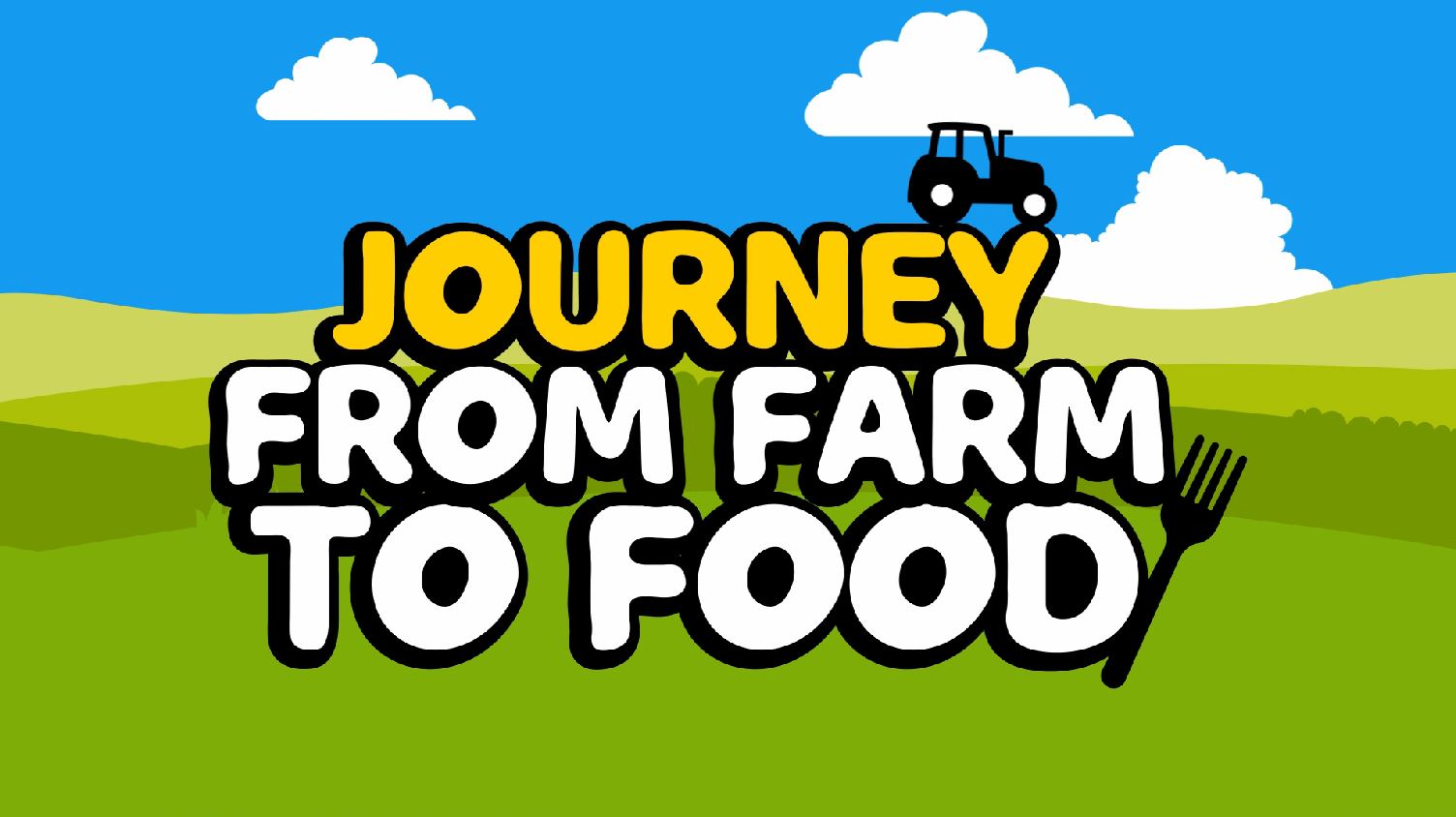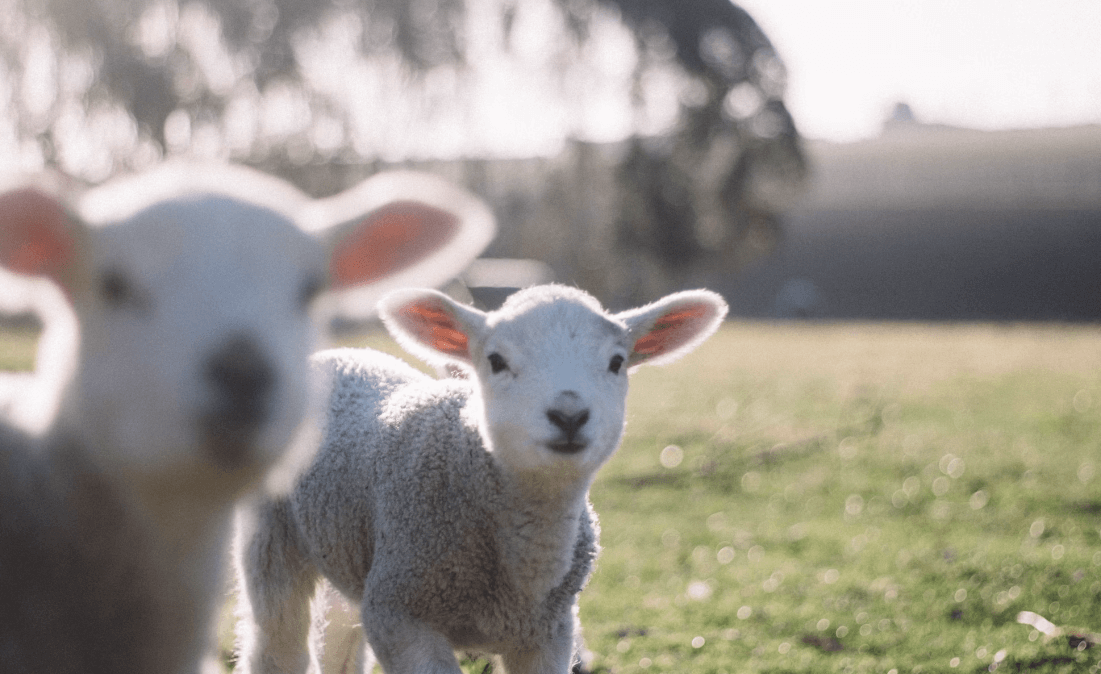The aim of this project is to benchmark, define the risk factors for, and propose an integrated control plan to improve survival and reduce morbidity and antibiotic use in neonatal lambs and suckler calves in Great Britain.
This will be achieved by working with a wide selection of vet practices and industry advisers to develop a network of commercial farms across Great Britain to provide information on mortality, management practices and medicine use.
Introduction
Improving the neonatal survival of lambs and suckled calves is a key area to improve productivity. Lambing and calving are high risk periods in terms of losses (through both mortality and morbidity), particularly due to infectious disease. There is a need to understand the disease challenges during this period for a range of sheep and suckler beef systems throughout Great Britain. Medicines used to prevent neonatal losses, for example antibiotics to prevent watery mouth and joint ill in lambs and scours in calves, need to be benchmarked and their effectiveness measured.
There is a need to explore the relationships between beef and sheep farmers and their vets and other advisers to understand whether they can be made more effective in supporting farmers’ needs. This is particularly relevant as changes to assurance schemes may require farmers to have more regular contact with their vets, with losses being a major discussion point. It would be useful to get a baseline of current practice.
For sheep and suckler beef systems, recent, robust and reliable data about actual losses and their causes is not readily available. Another challenge is the lack of standardisation on how losses are recorded, e.g. in the first 24, 48 hours, seven days or up to four weeks. Further losses are incurred through animals that survive but have reduced performance from disease and are also likely to have higher associated antimicrobial use.
Importance
The environmental impact of ruminant production systems is receiving a considerable amount of attention and there has never been a greater demand to improve the sector’s efficiency. There is also a need for the industry to promote sustainable and responsible use of antibiotics. This work will provide farmers with an integrated and evidence-based Neonatal Survival and Sustainable Antibiotic Plan to use in their production system to improve productivity and profitability.
Collaborators
The project is a collaboration between HCC, the Agriculture and Horticulture Development Board (AHDB), and Quality Meat Scotland (QMS). The University of Edinburgh is leading the project and partners include the University of Liverpool, the University of Nottingham, Bangor University and Synergy Farm Vets.




